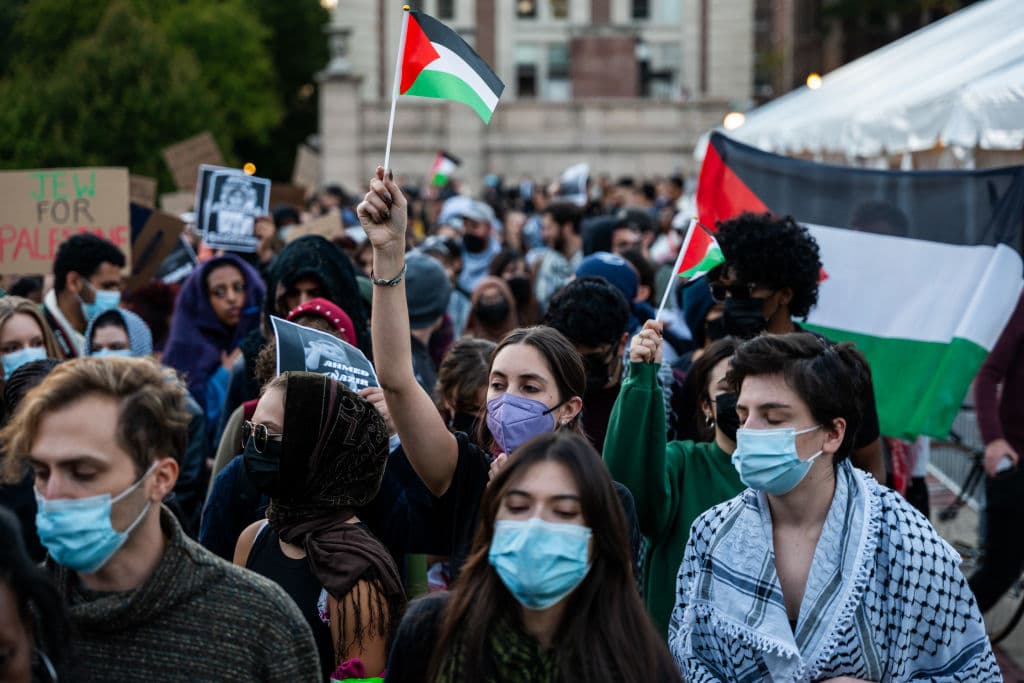Columbia University, After Vowing To Clear Protesters, Flinches and Extends Talks as Students Vie for Their 1968 Moment
Columbia University, my alma mater, reveres its 1968 student protest movement with oral history archives, anniversary celebrations, and professorships for participants.

Columbia University, after a night of tense standoffs with pro-Palestinian protesters and a deadline to clear the tents come and gone, flinched, announcing at three this morning that it was extending its negotiations with pro-Palestinian demonstrators.
Please check your email.
A verification code has been sent to
Didn't get a code? Click to resend.
To continue reading, please select:
Enter your email to read for FREE
Get 1 FREE article
Join the Sun for a PENNY A DAY
$0.01/day for 60 days
Cancel anytime
100% ad free experience
Unlimited article and commenting access
Full annual dues ($120) billed after 60 days

